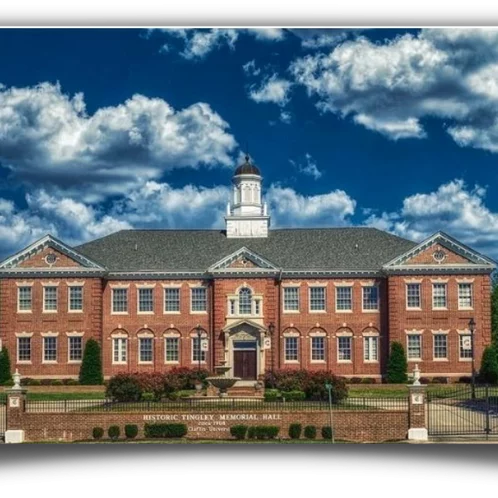Grant Program
BOLT
Grantee Name
Connect Humanity in partnership with Student Freedom Initiative
Grant Start Date
23 December 2022
Grant End Date
22 June 2024
Amount Funded
$200,000.00
City
Palo Alto
Country
United States
Region
North America
OBJECTIVE OF THE PROJECT
The goal of the project is to ensure that communities with Historically Black Colleges and Universities (HBCUs) and their surrounding communities have access to high-speed affordable Internet, and the skills and devices to use it. This project creates a 5G network to support WiFi access points to the end users. The project utilizes the local HBCU as the anchor location and provides connectivity campus-wide and to the immediate surrounding community. The universities learn how to engineer, design, deploy, provision and sustain a wireless broadband service on campus and for the surrounding community.
Claflin University is selected for this SFI 5G Broadband Initiative.
WHY IS THIS PROJECT IMPORTANT?
Access to the Internet has proven to be an engine that drives economic development, an essential component to improving public safety and public health, as well as an absolute necessity in and outside K-12 classrooms, and a vital element in the 21st century world of online communications and information.
The situation is that 82% of HBCUs reside in broadband deserts. Communities beyond their gates are often unconnected homes and businesses in rural and economically challenged communities with low-population density and a higher percentage of households below the national poverty line.
The project enhances wireless broadband connectivity in on-campus areas where current wireless signal coverage is weak or non-existent. Using the benefits provided by the Affordable Connectivity Program, broadband (100Mbps and up) is made available to local residents at drastically reduced costs. Communities need reliable Internet connectivity at true broadband speeds. The project seeks to provide a solution that provides relief to these communities in the quickest and most affordable way possible.
The beneficiaries of the project include underserved students who will have access to wireless broadband coverage, students who will benefit from the wireless broadband coverage available on campus, as well as residents of the neighborhoods who fall below the poverty level income and currently lack access. These residents will have an opportunity to opt-in to a no-cost wireless service for a minimum of 24 months. The connectivity allows university students and K-12 students to maintain their educational progress, enables residents of areas with a high incidence of chronic medical conditions to participate in frequent telehealth sessions, and supports residents of areas with higher than normal unemployment to access job training and the necessary connectivity to seek employment. The wireless broadband service also provides practical experience for the university students and has the potential to provide a business incubation opportunity for the university and the surrounding neighbourhoods.

